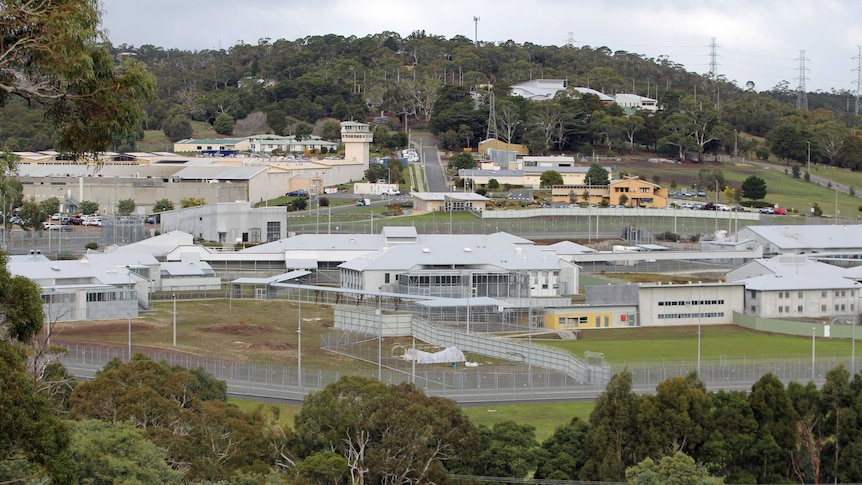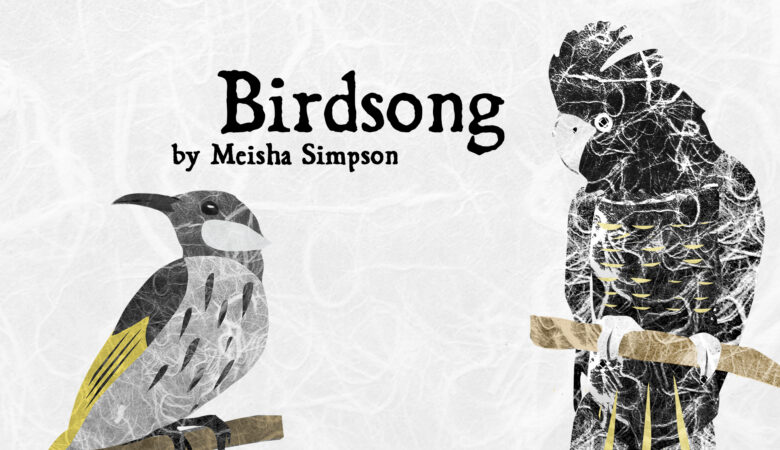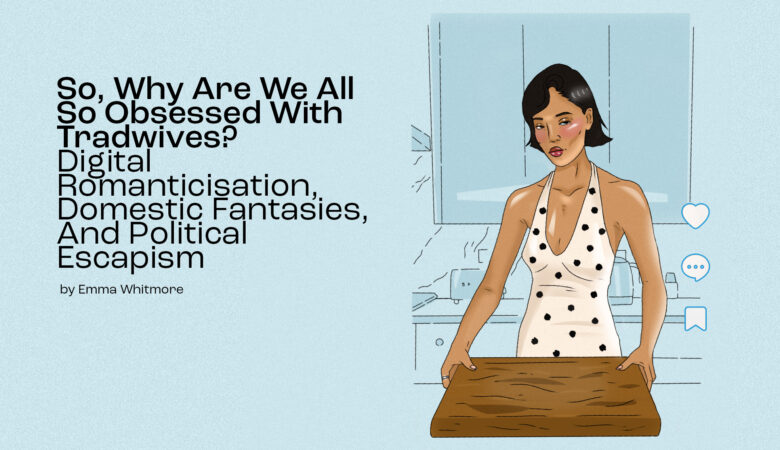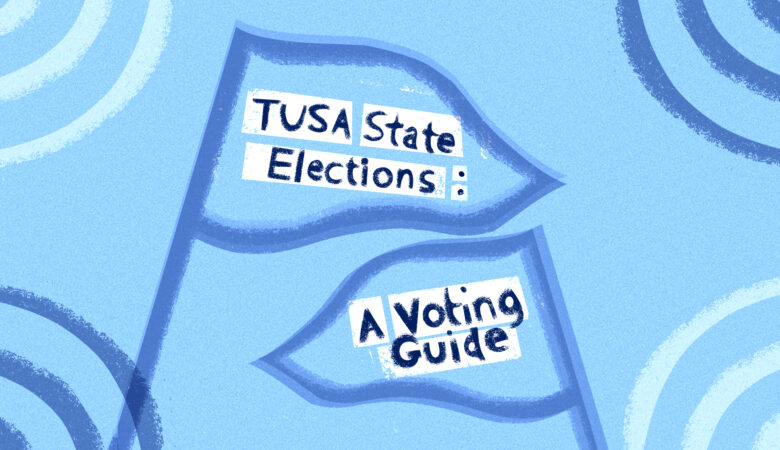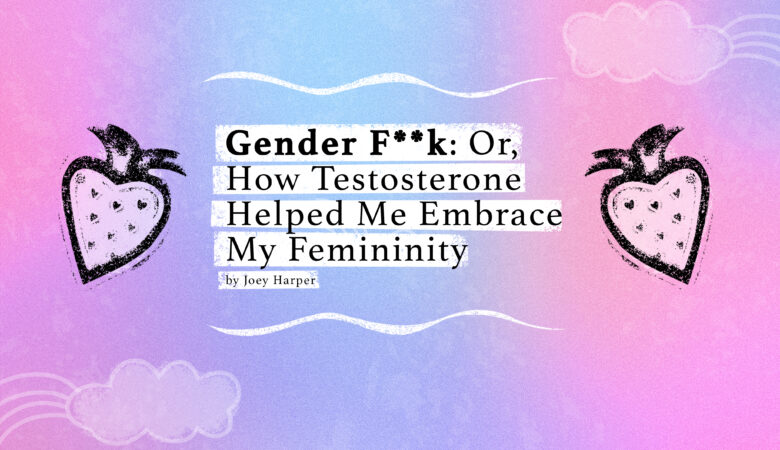CW: Violence against Indigenous people
Following a string of high-profile scandals, Tasmanian cops have proved themselves more corrupt than ever. But in a moment where media scrutiny of the police is at an all-time high in lutruwita/Tasmania, why has the Liberal government just invested them with unprecedented power?
A Supreme Court decision handed down in late August of this year found that Tasmanians cops violated lawyer/client confidentiality at Risdon Prison by secretly recording conversations in a meeting room for a span of 60 days.
The room was initially bugged in June of 2017 while police attempted to construct a case against Jeffrey Ian Thompson, the lawyer of convicted murderer Susan Neil-Fraser. Thompson was being investigated by police over concerns that he was trying to unduly influence a Mr Stephen Gleeson to make a false identification during examination. To gain evidence of this, police applied to the magistrate for a 90 day warrant to place two listening devices in the meeting room.
Concerns have now been raised however, that the listening devices were used to record conversations between other lawyers and inmates.
Despite having full understanding that the room was to be used by others during the 90-day life of the warrant, Tasmania Police recorded all conversations that took place in it during a two-month span. 5 officers in the investigation team had access to the recordings and others could do so upon request.
Police have given the excuse that both devices were kept running in case of any ‘technical issues’ that meant police did not have enough time to access the room before a meeting between Mr Thompson and Mr Gleeson. This is despite the fact that police had full control over when Mr Gleeson could make use of the room.
Police Commissioner Darren Hine downplayed the agency’s actions, describing them as only a ‘technical breach’ in legislation. Hine also announced that Tasmania Police would be commissioning an independent review headed by former Solicitor-General Michael O’Farrell.
Advocacy groups such as the Australian Lawyers Alliance and the Prisoners Legal Service have spoken out against the new findings, decrying them as gross violations of the legal rights between clients and counsel. Politicians such as Kristie Johnston and Meg Webb have also joined the chorus of criticism, with both questioning the integrity of a review commissioned by the organisation that has been implicated in wrongdoing.
Tasmanian police have been in the media spotlight too over recent revelations concerning their access to private data. A report recently tabled in parliament highlighted that Tasmania Police have systemically failed to keep updated records of warrants to request phone data – meaning cops have had cart-blanche access to your private information with no evidence to show that its seizure was lawful.
On the back of this month of scandal, lutruwita/Tasmania’s Liberal Government has just passed new legislation to further increase the power of cops. New anti-protest laws allow police to issue exorbitant on the spot fines for protest deemed to interrupt the normal operation of lawful businesses – chillingly cracking down on Tasmanians’ fundamental democratic rights.
This begs the question – why is it that the government has given the police unprecedented powers amid a news cycle that has proven them more corrupt and unaccountable than ever?
The answer to that lies in examining the very role of the police itself.
The police, as the armed protectors of the state, uphold capitalism and white supremacy through violence.
The history of the Australian labour movement proves this in droves. During the Queensland rail strike of 1949, the federal Labor government declared a state of emergency resulting in police crackdowns on picket lines in order to break the spirit of those protesting for better wages and conditions. More recently in the late 1990s, police joined hands with balaclava clad private security to enact John Howard’s crypto-fascist agenda of driving unionised dockworkers out of their workplaces after passing the Workplace Relations Act, amid ongoing efforts to destroy the Maritime Union of Australia (MUA).
Police – more often than not incompetently, also largely take the remit of addressing individual crimes. In this way, the Australian justice system as a whole favours big businesses that commit white collar crimes such as corporate espionage and wage theft. A far cry from CEOs being taken out in handcuffs, corporations are merely slapped on the wrist for their crimes with fines or cautions.
As urgently, police also serve to uphold the white colonial state by inflicting violence against our Indigenous population. The most cursory glance at nipaluna/Tasmania’s history is evidence writ large of this, with colonial police complicit in the devastating massacres that took place during the Black War. Little has changed across the country today, with rates of Indigenous deaths in custody an international blight.
The events of this month in lutruwita/Tasmania prove the corruption of the police will remain unchallenged under capitalism – with their powers continually strengthened to preserve the existence of the capitalist colonial state. The fight for socialism is one inextricably linked with the fight for a reimagined justice system that places accountability and rehabilitation at the forefront.
